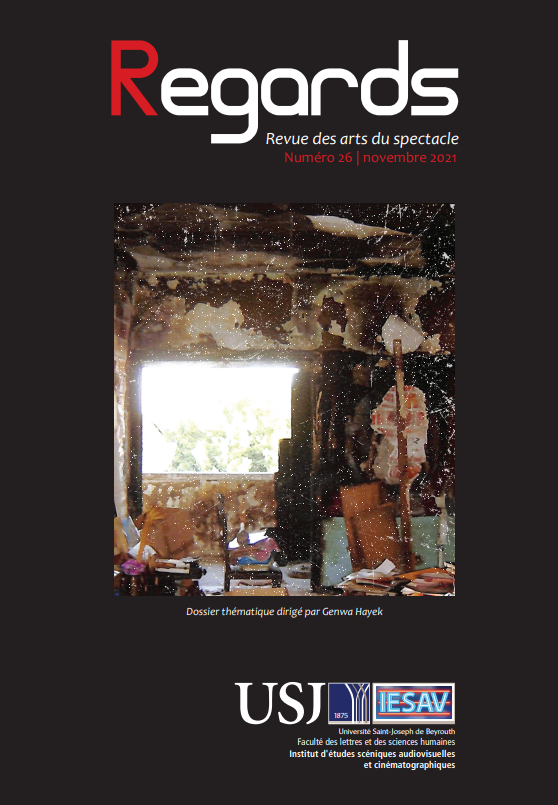Abstract
This article focuses on the beginnings of cinema in the Maghreb countries (Algeria, Morocco and Tunisia), which suffered the same enculturation in favor of the culture of the French occupier. From the end of the Second World War, the colonial authorities understood the importance of cinema, through fictions or current images, and the urgency of creating cinematographic centers in Morocco in 1944 and in Tunisia in 1946. Algeria, considered as a French department and not a protectorate, was given a cinematographic service by the Algerian governorate in 1947. Then comes the period of independence in which the directors of these countries take the opposite of the stereotypes conveyed by the cinema of the former dominant country by setting up a cinema that is specific to their identity and culture, as well as to the promotion of the struggle for the independence of their respective countries. We observe how postcolonial maghrebi cineastes erased the colonial stereotypes of the maghreb.

